What is Rooibos Tea? A Comprehensive Guide to Its History, Taste, and Health Claims
If you're someone who enjoys a nice hot beverage, you've probably heard of rooibos tea at some point. But what is rooibos tea exactly, and why should you consider trying it? Whether you’re someone who enjoys sipping on tea or just looking for something new to try, rooibos offers a unique and delicious experience. So, settle in with your favorite mug (if you don’t have one, we’ve got you covered when you buy mugs) and a cozy coffee table (we’ve got plenty of those too, shop coffee tables with us at CycloneSale.com!) as we explore rooibos tea, its history, taste, health claims, and why it’s quickly becoming a fan favorite.
What is Rooibos Tea?
Rooibos, pronounced roy-boss, is a naturally caffeine-free herbal tea that comes from the Aspalathus linearis plant, which is native to South Africa. The name "rooibos" literally translates to "red bush" in Afrikaans, referring to the plant's red-colored leaves. It has been used for centuries in South Africa as a refreshing drink, but only in recent years has it gained global popularity.
Unlike traditional teas, rooibos isn't made from the leaves of the Camellia sinensis plant, which is the base for black, green, white, and oolong teas. Instead, rooibos tea comes from the dried leaves of a bush native to the mountainous regions of South Africa. This makes it unique in the world of teas, offering a flavor profile that’s different from what you'd expect from standard green or black tea.
If you're someone who loves exploring new beverages, buy tea like rooibos to step out of your regular tea routine and enjoy something new and exciting!
The History of Rooibos Tea
The use of rooibos dates back centuries in South Africa, where indigenous people, particularly the Khoisan tribes, harvested the leaves of the rooibos plant to brew a flavorful and medicinal tea. The history of rooibos is deeply rooted in South African culture, where it was consumed both as a daily beverage and for its supposed health benefits. However, it wasn’t until the 20th century that rooibos became widely known outside of South Africa.
In the early 1900s, a man named Benjamin Ginsberg, a South African tea merchant, is credited with introducing rooibos to the international market. By the 1960s, rooibos began to gain traction in Europe, and over time, it expanded globally, eventually becoming a favorite choice for those seeking a caffeine-free tea alternative.
Today, rooibos tea is enjoyed worldwide for its unique flavor and potential health benefits, and it continues to increase in popularity. So, if you’re on the hunt for something different to sip on, rooibos tea might be just the thing to try!
The Taste and Flavor of Rooibos Tea
Rooibos is often described as having a sweet, earthy flavor with a hint of nutty richness. When brewed, it’s typically amber in color and has a mild yet pleasant taste. Some people compare it to a combination of honey and vanilla with just a touch of astringency. However, the flavor can vary depending on the preparation and whether it’s served as traditional rooibos or flavored with additional herbs or spices.
Many enjoy rooibos tea for its smoothness, especially because it’s naturally caffeine-free. For those who are sensitive to caffeine or prefer to avoid it altogether, rooibos provides a great alternative to traditional black or green tea. You can drink it any time of the day without worrying about staying awake all night. It is perfect for winding down after a long day.
For the best experience, consider enjoying your rooibos tea in a beautiful mug that complements its earthy tones. You can find a perfect match when you buy mugs that reflect your personal taste. And to enjoy the full experience, why not place your tea on a stylish coffee table? Whether you’re relaxing alone or with friends, the right table makes every sip more enjoyable.
Rooibos Tea Health Claims: The Pros and Cons
Rooibos tea has garnered attention for its potential health benefits, though it’s important to note that many of these claims are still unproven. While rooibos has been consumed for centuries, scientific research into its health benefits is still ongoing. As with any health-related claims, it's crucial to approach them with caution and understand that the evidence is often limited or inconclusive.
The Pros of Rooibos Tea (What People Love About It)
-
Caffeine-Free and Antioxidant-Rich
One of the main reasons people turn to rooibos tea is its caffeine-free nature. It’s a perfect choice for those who are trying to cut back on caffeine or avoid it entirely. Additionally, rooibos is packed with antioxidants, which can help protect the body from oxidative stress and free radical damage. The antioxidants in rooibos are thought to contribute to overall health and wellness, although more research is needed to fully understand their potential impact. -
May Support Heart Health
Some studies suggest that rooibos may help support heart health by improving blood circulation and reducing the risk of heart disease. This is because rooibos contains certain polyphenols (like flavonoids) that may promote cardiovascular health. While these studies show promise, it’s important to note that the long-term effects of rooibos on heart health are still being studied. -
Soothing for Digestion
Rooibos tea has been traditionally used to soothe digestive discomfort. It’s believed to have mild anti-inflammatory properties that could help alleviate issues like indigestion, bloating, and nausea. Some even use rooibos as a remedy for colicky babies, although, as always, you should consult a healthcare provider before using it for such purposes. -
May Promote Better Sleep
Since rooibos is naturally caffeine-free, it can be an ideal choice for those looking to wind down in the evening. Some people claim that rooibos has a calming effect, helping to improve sleep quality. Though there’s no conclusive evidence linking rooibos to sleep improvements, many drink it as part of their bedtime routine.
The Cons of Rooibos Tea (What You Should Be Aware Of)
While rooibos has its advantages, there are also some considerations to keep in mind.
-
Limited Scientific Evidence
Many of the health claims associated with rooibos tea, such as its ability to fight cancer, alleviate asthma, or the listed claims above, are not fully supported by scientific evidence. While some preliminary studies show promising results, more research is needed to confirm these benefits. -
Potential Interactions with Medications
Rooibos is thought to have mild effects on estrogenic activity, which could interfere with certain medications, particularly those used for hormone-sensitive conditions like breast cancer or endometriosis. If you're taking medications, it’s always best to consult with a healthcare provider before introducing rooibos tea into your routine. -
Possible Allergic Reactions
Though rare, some individuals may experience allergic reactions to rooibos. Symptoms could include rashes, swelling, or breathing difficulties. If you have a known sensitivity to plants in the legume family, it’s advisable to exercise caution when trying rooibos for the first time.
The Popularity of Rooibos Tea: Is It Rising or Falling?
Rooibos tea has been gaining in popularity over the past few years, and it doesn’t show any signs of slowing down. As more people seek caffeine-free alternatives to coffee and traditional tea, rooibos has stepped in as a go-to beverage for health-conscious consumers. The increasing trend toward wellness and natural products has also contributed to rooibos’s rise in popularity.
It’s important to note that while rooibos is not as widely consumed as black tea or green tea, it has a dedicated and growing fan base. You’ll likely see rooibos featured in more cafes, health food stores, and online tea retailers. Whether you’re buying rooibos in loose leaf or bagged form, it’s becoming easier than ever to find.
So, is now the right time to try it? Absolutely! If you’ve never had rooibos tea before, now’s a great time to explore this unique and delicious beverage. Whether you’re looking for a refreshing drink or want to experiment with its potential health benefits, rooibos tea is worth considering.
Should You Try Rooibos Tea?
In short, yes, you should definitely give rooibos tea a try. If you enjoy discovering new beverages or are on the lookout for a caffeine-free alternative, rooibos is an excellent option. Its smooth, earthy flavor, coupled with its rich history and potential health benefits, makes it a great addition to your tea repertoire.
And when you enjoy your cup of rooibos, why not make the experience even better by setting it on a beautifully crafted coffee table? Whether you’re lounging at home, reading, or chatting with friends, a stylish coffee table can make your teatime even more enjoyable. And don't forget to pair your rooibos with a stunning mug, because nothing makes a tea-drinking experience more special than the right cup.
Go ahead and explore the world of rooibos tea. You might just find your new favorite drink. And remember, when you're ready to buy tea, buy mugs, or shop coffee tables, we've got everything you need at CycloneSale.com to make your tea experience truly delightful!
























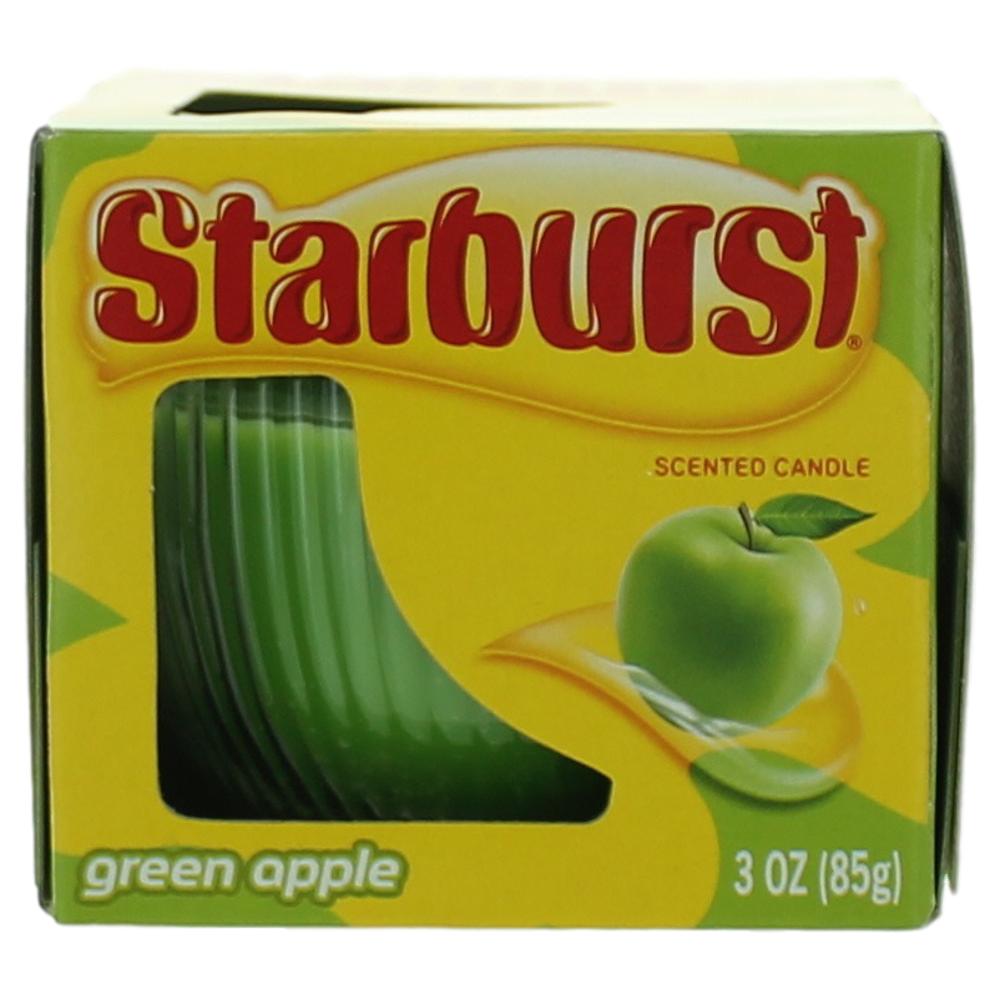









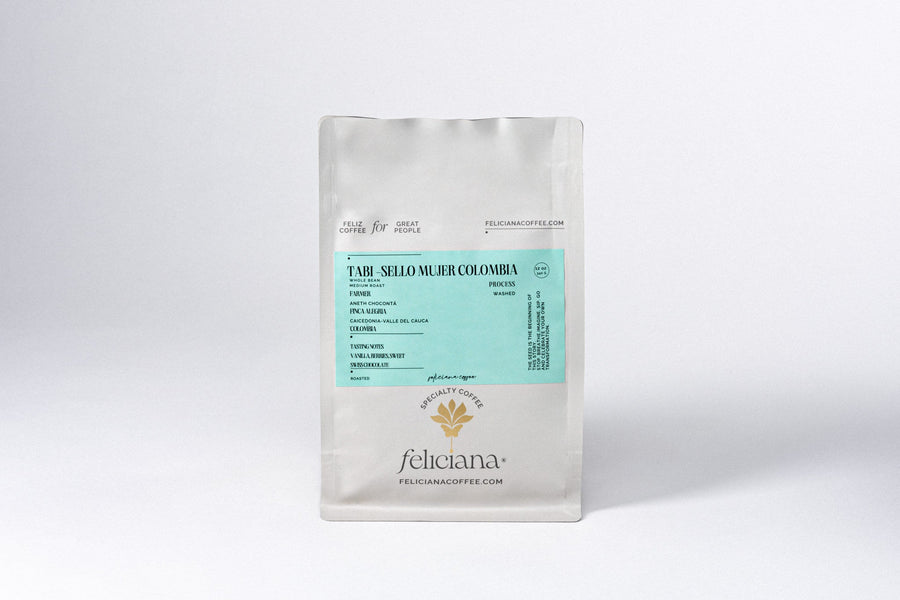
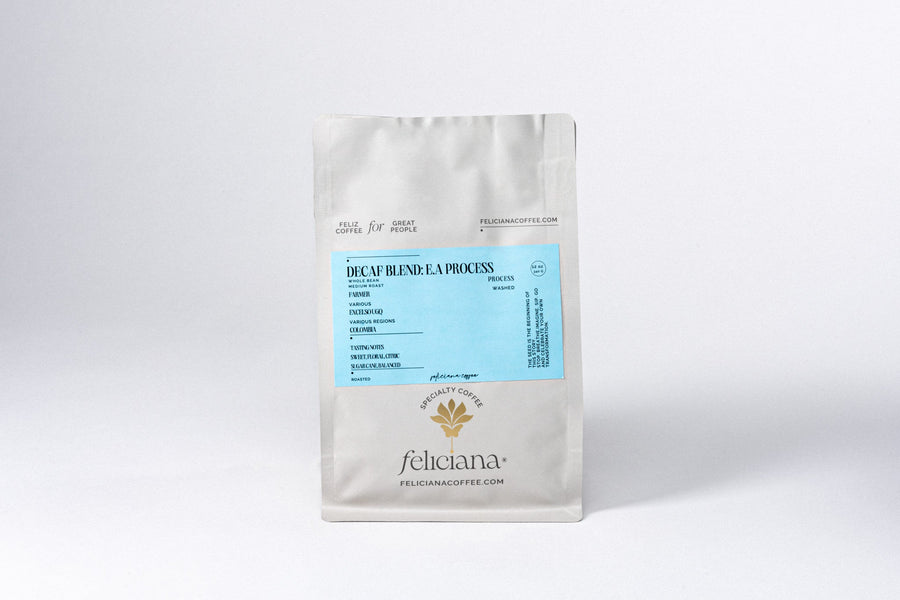
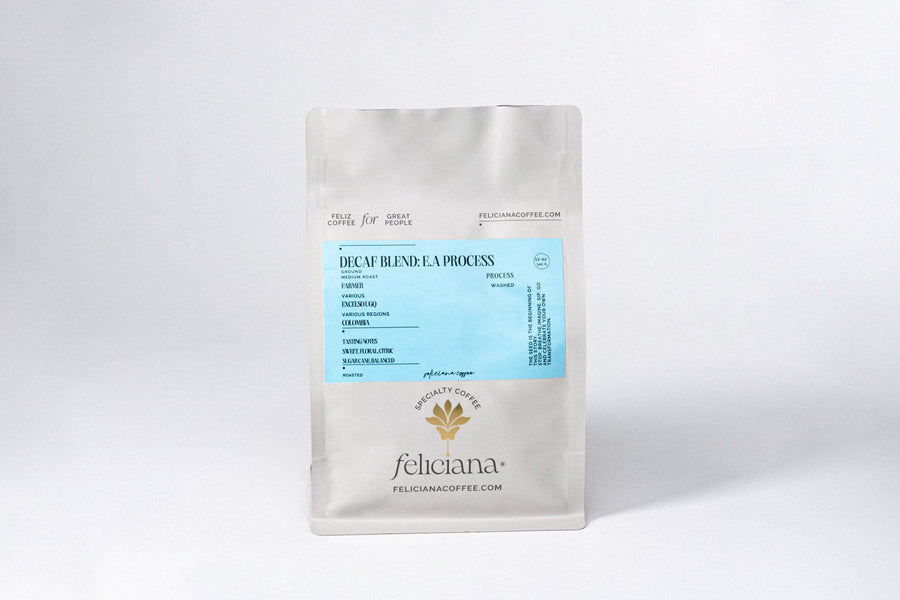
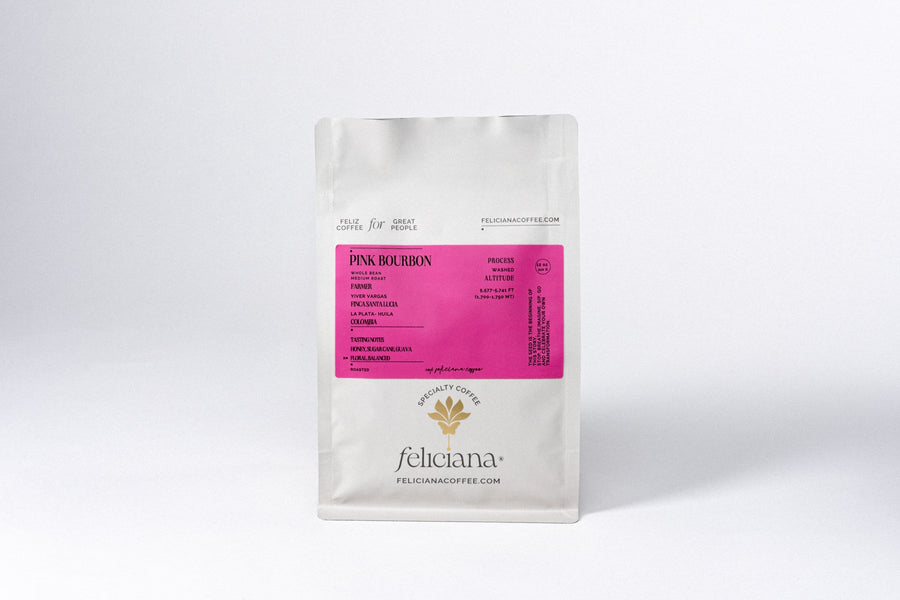
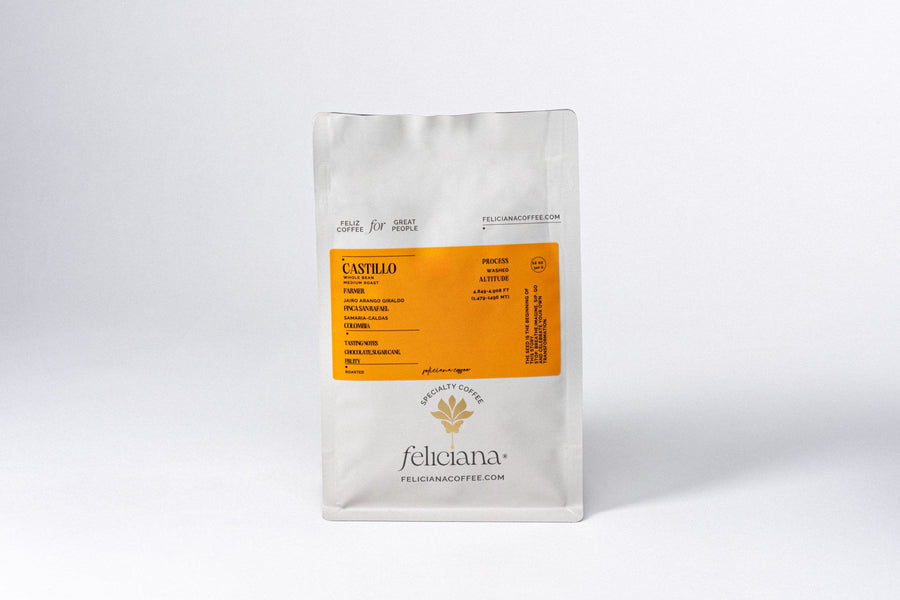
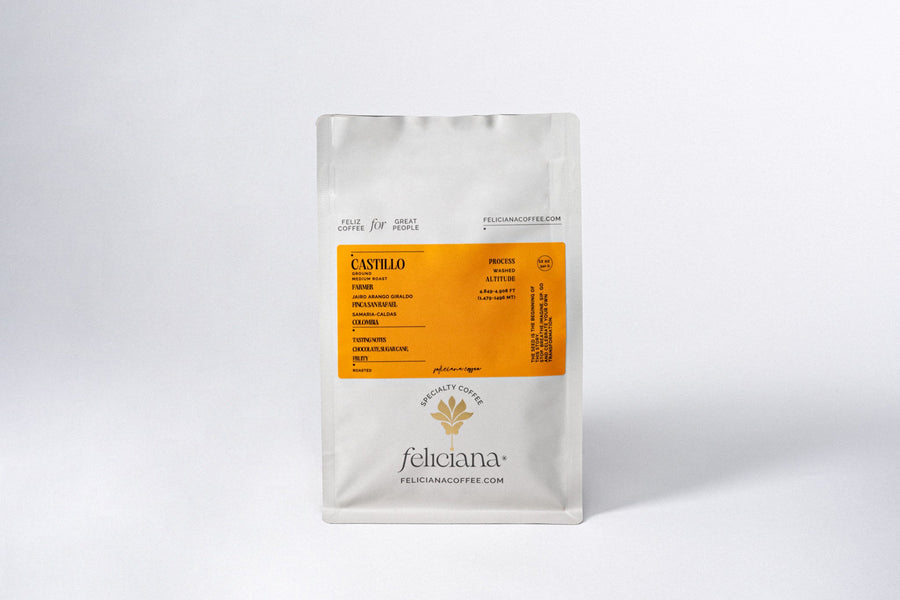







Leave a comment